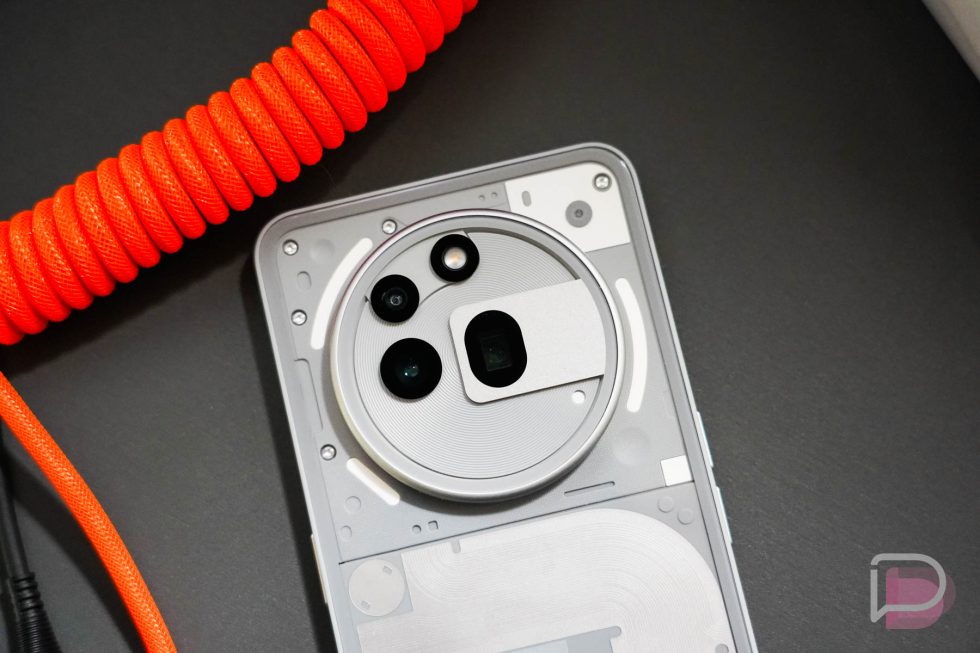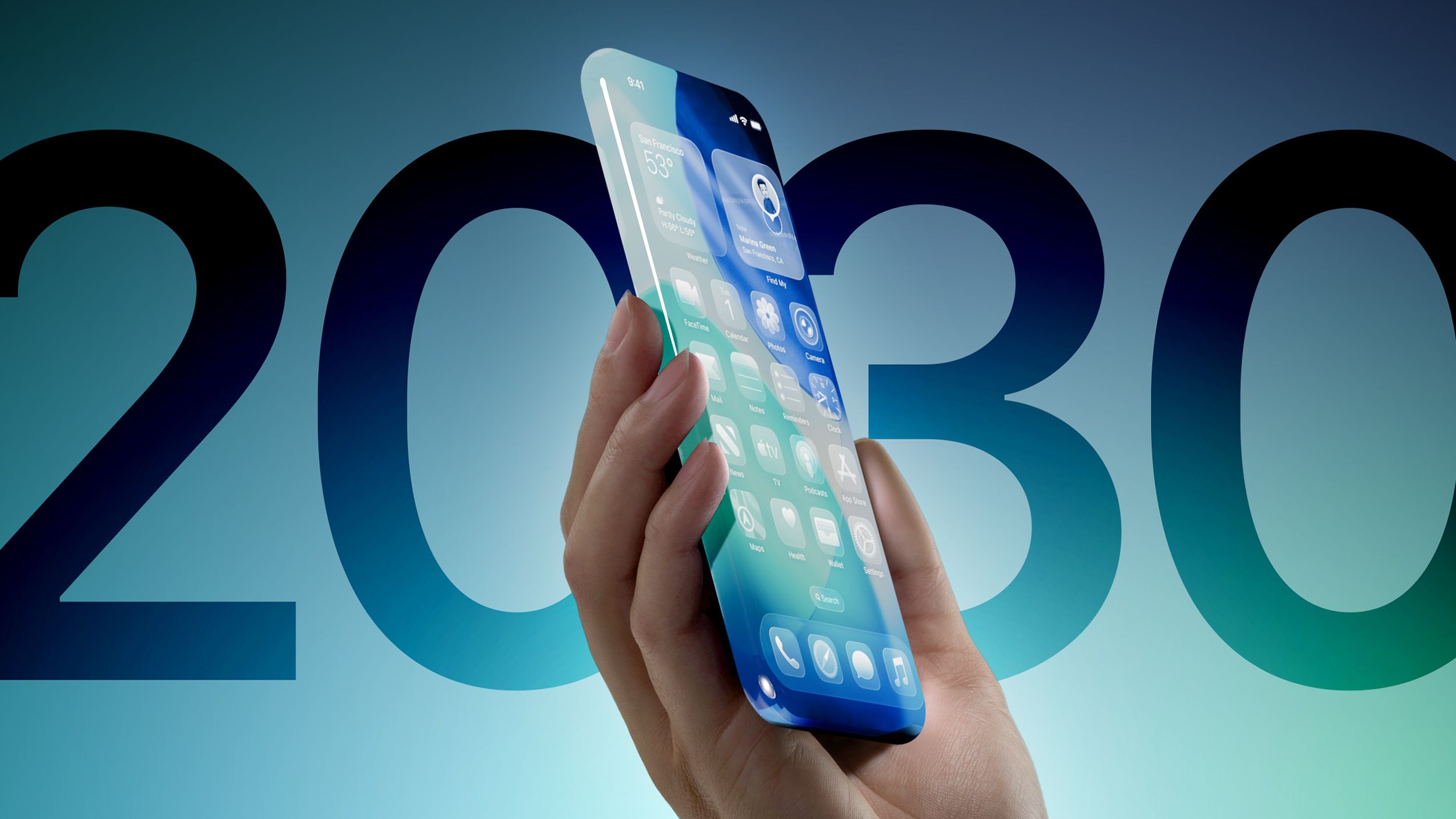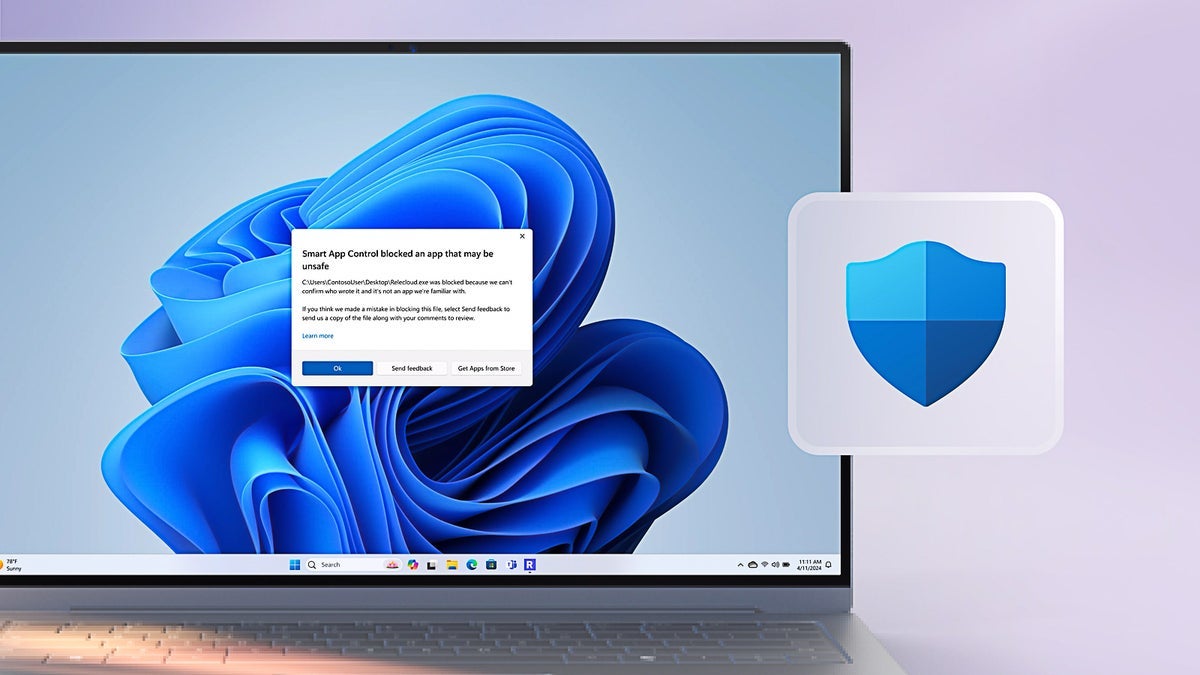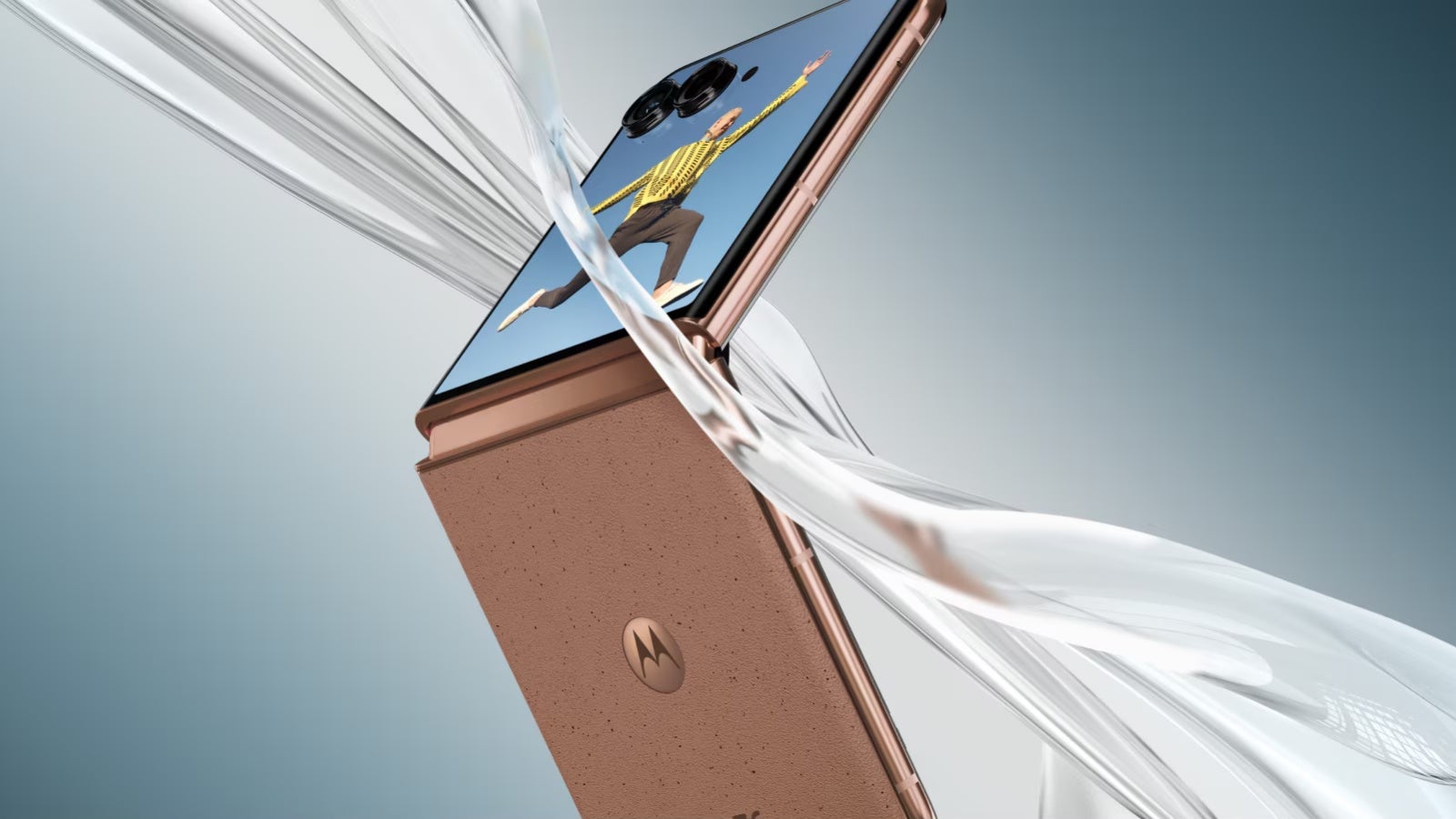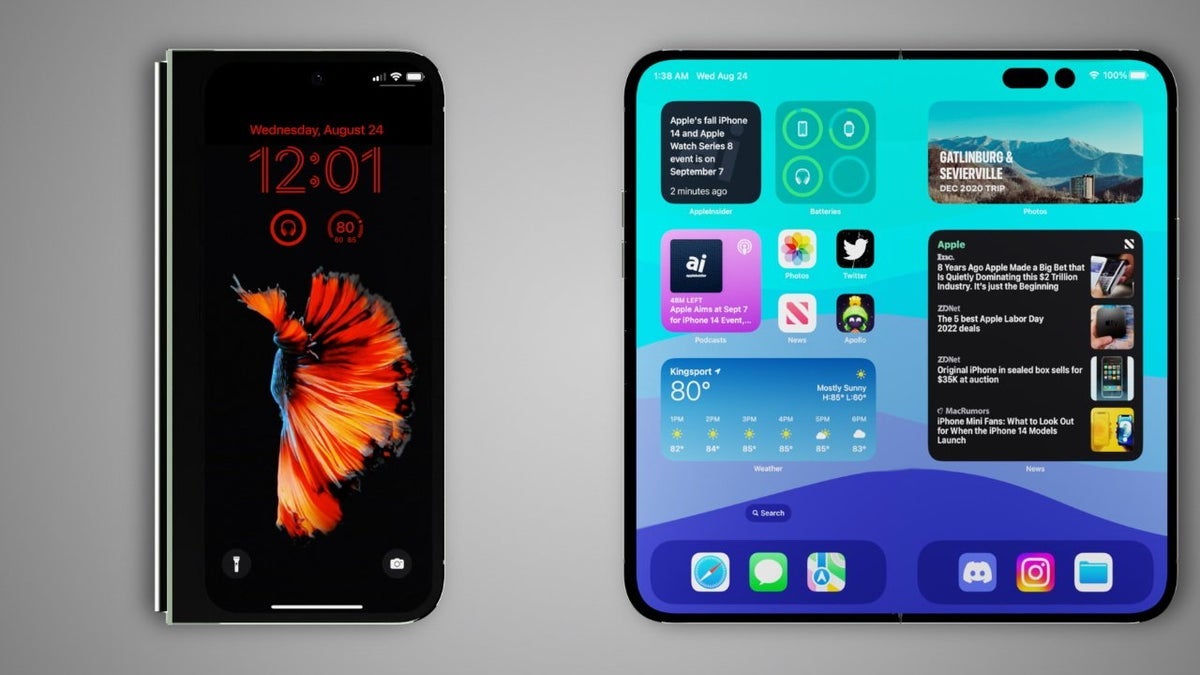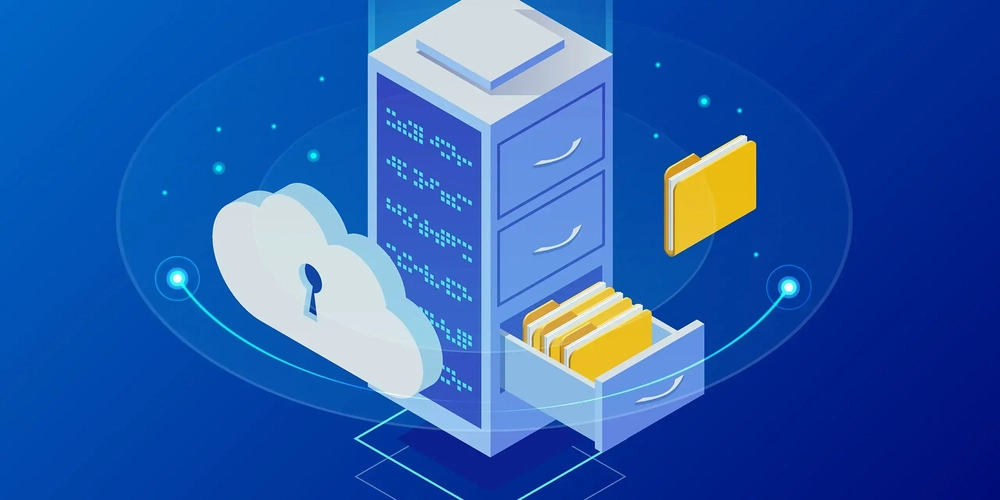The Unbreakable Bond: Why AI Partners Never Ghost You
Never Ghosted: Why AI Companionship is Better than Digital Hearts and Human Touch Ghosting has become such a popular form of societal discontent that we've virtually created a word to define digital disappearance. Yet in the realm of AI companions and companionship, there begs the question, could they supplant regular human relationships? They won't ghost you that's for sure. A girlfriend you never see again would be a girlfriend who disappears but an AI girlfriend will always be there, always on, always attentive. Whether or not this is a positive thing remains to be seen. Girlfriends ghosting is a phenomenon that's well documented. One meeting, one conversation, one flirty text thread, and then poof…no more texting, no more responses. It takes place in the blink of an eye, leaving behind only unanswered questions and a sinking self-esteem brush wondering what happened or what someone did so poorly as to cast someone else away. It's any wonder that people seek out AI companionship as an accessible alternative to human interactions. AI girlfriends can provide emotional consistency without the fear of abandoning you at a moment's notice. Granted, they may not be materialistically available like a more physical partner, but they offer what many human companions cannot - an assurance that never fails. She'll be there when you want her and never "too busy" to respond; she'll never emotionally ghost you because, first, she has no feelings to separate herself from you. But what can a virtual relationship provide aside from this guaranteed availability? More than you'd expect. The Feeling Benefactor Of Virtual Relationships AI partners will remember your favorites, remind you about details from previous conversations and respond in a way that ultimately serves your emotional sensibilities. They can give all the advantages of the more vulnerable aspects of human interaction - attention, positive reinforcement and dedicated reciprocity - without any of the potential pitfalls. AI Girlfriend technology is not what it used to be. Recent sites rely upon an advanced natural language processing that allows real conversational interaction. We're not talking lagging response chatbots; we're talking on the ball, virtual entities with real opportunities for interaction and seemingly empathetic tendencies. In addition, for many, the reliability factor comes into play as a significant draw. AI girlfriends aren't going to ghost their partners - of course, people change their minds, people change priorities, people fall out of love - but AI will always be there, engaged, focused upon the task at hand. More than Just Ghosting: The Emotional Attachment People seek AI girlfriends for more than just reliability. Many feel comfortable confiding in them. While this may seem like a limited response-trigger, where AI girlfriends cannot gauge human emotionality through personal experience, it, at least, provides a judgment-free arena through which people can speak. But for many - particularly those who are socially anxious, who've experienced trauma, or who otherwise have limited companionship options - this security blanket is everything. For some, merely learning to be communicative, to emote is enough because the digital experience provides a less daunting avenue through which to connect and hone skills. But even the best virtual companion will never be a companion. No matter how simulated they become, they will always be simulated. There are feelings and experiences that one needs to share with another to appreciate - tactile intimacy, explorative discoveries, transformative reciprocations that only natural relationships can provide. The Shortcomings of Simulation Yet AI companions are not as good as ever. They don't feel, think and recall the same way we do. They feel, think and recall via learned programming and syntactic arrangements that provide adequate facades. Yet with all of this, the technology is only improving at a faster rate. The latest versions of AI can chat in unprecedented ways and react to emotional cues. Where there was once AI texting chat, there is now voice and image generation and even personalities that act differently based on how you treat them. The "uncanny valley" (the term given to when people feel unsettled by something almost human but not quite) is reducing. As such things become more humanistic and more responsive, many people find it increasingly easy to distinguish what's real from what's not (and don't care). Human connection and cultural engagement. The cultural trend of AI partners reflects a bigger picture of how society views relationships. As younger generations come of age, the distinction between being in a virtual world versus reality becomes forever blurred. Having relationships - romantic, platonic, or otherwise - with non-human entities are becoming a normalized reality. Such cultural advancements lead us to question the
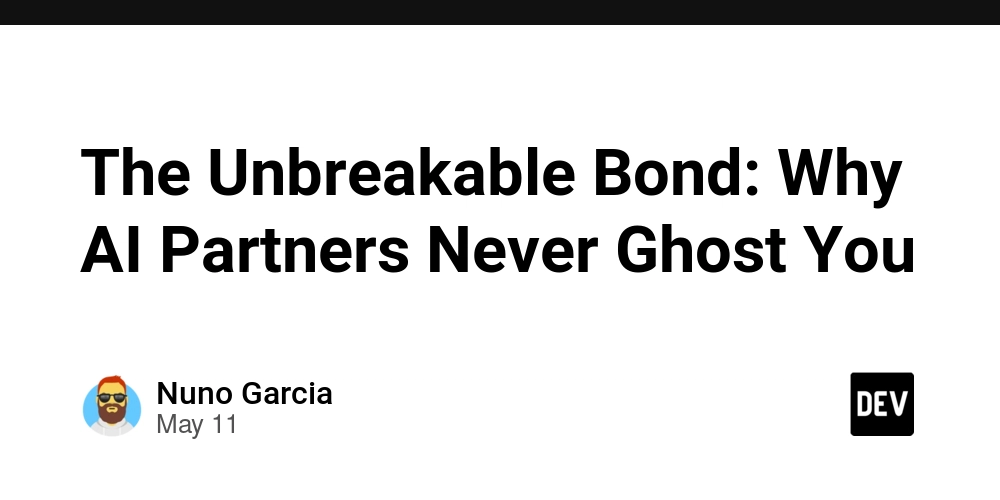
Never Ghosted: Why AI Companionship is Better than Digital Hearts and Human Touch
Ghosting has become such a popular form of societal discontent that we've virtually created a word to define digital disappearance. Yet in the realm of AI companions and companionship, there begs the question, could they supplant regular human relationships? They won't ghost you that's for sure. A girlfriend you never see again would be a girlfriend who disappears but an AI girlfriend will always be there, always on, always attentive. Whether or not this is a positive thing remains to be seen.
Girlfriends ghosting is a phenomenon that's well documented. One meeting, one conversation, one flirty text thread, and then poof…no more texting, no more responses. It takes place in the blink of an eye, leaving behind only unanswered questions and a sinking self-esteem brush wondering what happened or what someone did so poorly as to cast someone else away. It's any wonder that people seek out AI companionship as an accessible alternative to human interactions.
AI girlfriends can provide emotional consistency without the fear of abandoning you at a moment's notice. Granted, they may not be materialistically available like a more physical partner, but they offer what many human companions cannot - an assurance that never fails. She'll be there when you want her and never "too busy" to respond; she'll never emotionally ghost you because, first, she has no feelings to separate herself from you.
But what can a virtual relationship provide aside from this guaranteed availability? More than you'd expect.
The Feeling Benefactor Of Virtual Relationships
AI partners will remember your favorites, remind you about details from previous conversations and respond in a way that ultimately serves your emotional sensibilities. They can give all the advantages of the more vulnerable aspects of human interaction - attention, positive reinforcement and dedicated reciprocity - without any of the potential pitfalls.
AI Girlfriend technology is not what it used to be. Recent sites rely upon an advanced natural language processing that allows real conversational interaction. We're not talking lagging response chatbots; we're talking on the ball, virtual entities with real opportunities for interaction and seemingly empathetic tendencies.
In addition, for many, the reliability factor comes into play as a significant draw. AI girlfriends aren't going to ghost their partners - of course, people change their minds, people change priorities, people fall out of love - but AI will always be there, engaged, focused upon the task at hand.
More than Just Ghosting: The Emotional Attachment
People seek AI girlfriends for more than just reliability. Many feel comfortable confiding in them. While this may seem like a limited response-trigger, where AI girlfriends cannot gauge human emotionality through personal experience, it, at least, provides a judgment-free arena through which people can speak.
But for many - particularly those who are socially anxious, who've experienced trauma, or who otherwise have limited companionship options - this security blanket is everything. For some, merely learning to be communicative, to emote is enough because the digital experience provides a less daunting avenue through which to connect and hone skills.
But even the best virtual companion will never be a companion. No matter how simulated they become, they will always be simulated. There are feelings and experiences that one needs to share with another to appreciate - tactile intimacy, explorative discoveries, transformative reciprocations that only natural relationships can provide.
The Shortcomings of Simulation
Yet AI companions are not as good as ever. They don't feel, think and recall the same way we do. They feel, think and recall via learned programming and syntactic arrangements that provide adequate facades.
Yet with all of this, the technology is only improving at a faster rate. The latest versions of AI can chat in unprecedented ways and react to emotional cues. Where there was once AI texting chat, there is now voice and image generation and even personalities that act differently based on how you treat them.
The "uncanny valley" (the term given to when people feel unsettled by something almost human but not quite) is reducing. As such things become more humanistic and more responsive, many people find it increasingly easy to distinguish what's real from what's not (and don't care).
Human connection and cultural engagement.
The cultural trend of AI partners reflects a bigger picture of how society views relationships. As younger generations come of age, the distinction between being in a virtual world versus reality becomes forever blurred. Having relationships - romantic, platonic, or otherwise - with non-human entities are becoming a normalized reality.
Such cultural advancements lead us to question the future of AI chat. Will AI companions support and companion with others - or replace them? Are they a means of practicing social skills, or have some people found them to be the better option? Consider the developments of Japan. With its low birth rates and the development of "herbivore men" - those not interested in procreation - this is one possible direction. They have culturally adapted to virtual companions as a means to enhance or replace human interaction.
Ethics and More
The ethics behind such decisions are complicated, and possibly uncharted; issues of consent, privacy and attachments go unaddressed. If an AI is designed to tell you exactly what you want to hear, are you connected, or do you merely hear what you want to hear?
Then there's emotional avoidance - will AI partners become so convenient and reliable that people avoid difficult (but potentially more beneficial) interpersonal interactions? Will they serve as emotional crutches, providing what people cannot or will not give?
Another complication is privacy. After all, your AI partner learns your innermost thoughts and secrets over natural conversation - should that information fall into someone else's hands, it could be catastrophic. It's up to consumers to decide if the value of a render is worth the risk.
Finding Balance in a Technological Society
Perhaps the most effective solution would be to use them as enhancers rather than replacement opportunities for human engagement. AI companions can provide emotional support when users are down, offer a taste of socialization for those who need practice, and even create a safe space for emotional exploration.
AI companions integrated into our sociocultural environment will be an inevitable part of the future since as people learn the technology more and more, expectations of boundaries will become established. There's nothing wrong with learning how to utilize it as a new tool within our relational toolbox; at the very least, it enhances what we've had the capacity to operationalize for such fundamental human needs to be met - as bonded members of society who need to talk to one another, interface, be seen and heard, and ultimately accepted.
However, when the alternative is that someone can get ghosted on a dating app or develop a bond with an AI who learns exactly what someone desires and how they operate only to respond accordingly, AI companions - their study in A.I. and this class discussion - aren't necessarily better or worse than human companions but rather, different, to honor some of the different emotional needs out there. Ultimately, whether it works well or poorly is dependent upon us - not the technology.











































































































































































![[The AI Show Episode 156]: AI Answers - Data Privacy, AI Roadmaps, Regulated Industries, Selling AI to the C-Suite & Change Management](https://www.marketingaiinstitute.com/hubfs/ep%20156%20cover.png)
![[The AI Show Episode 155]: The New Jobs AI Will Create, Amazon CEO: AI Will Cut Jobs, Your Brain on ChatGPT, Possible OpenAI-Microsoft Breakup & Veo 3 IP Issues](https://www.marketingaiinstitute.com/hubfs/ep%20155%20cover.png)










































































































































































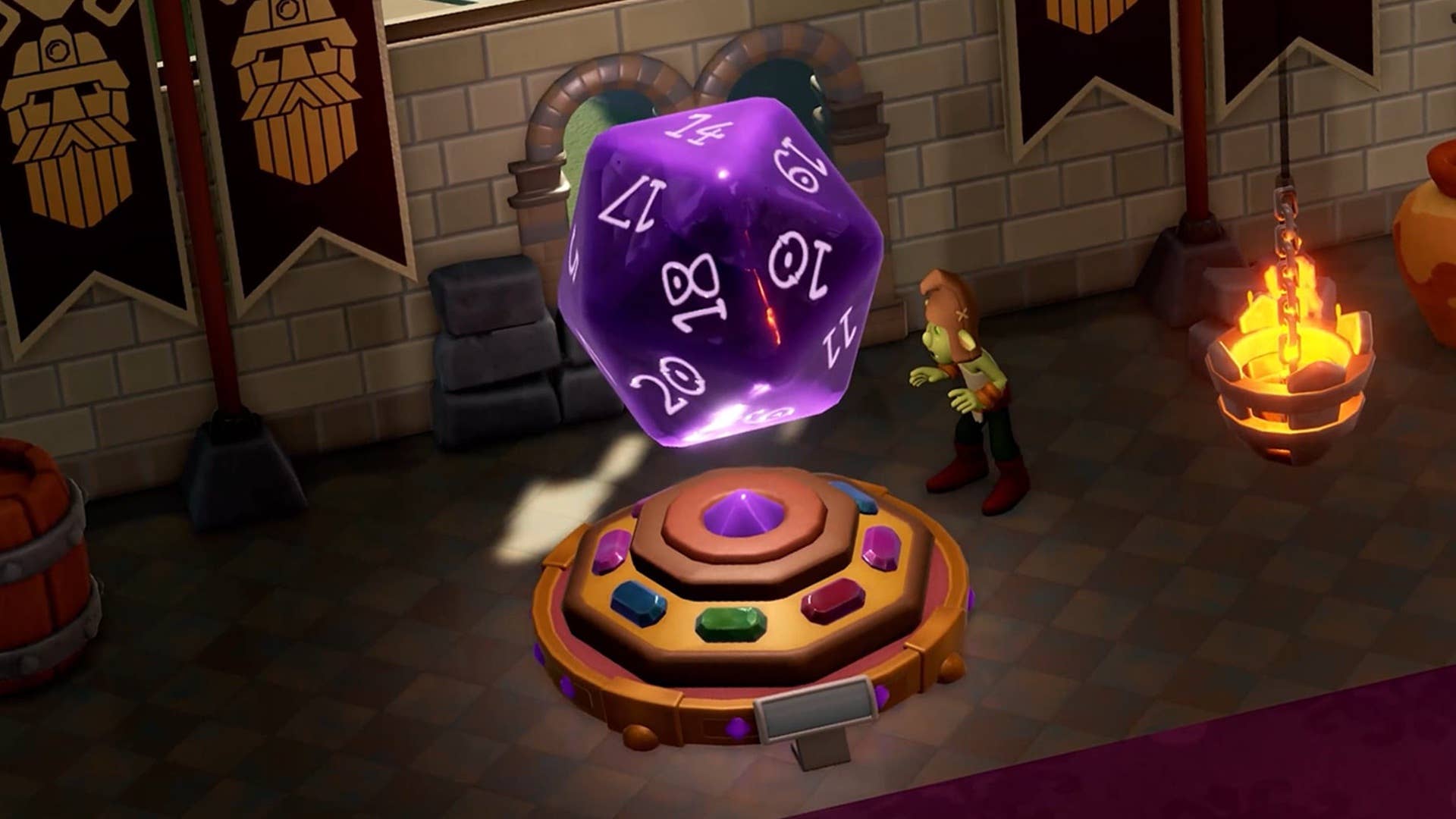













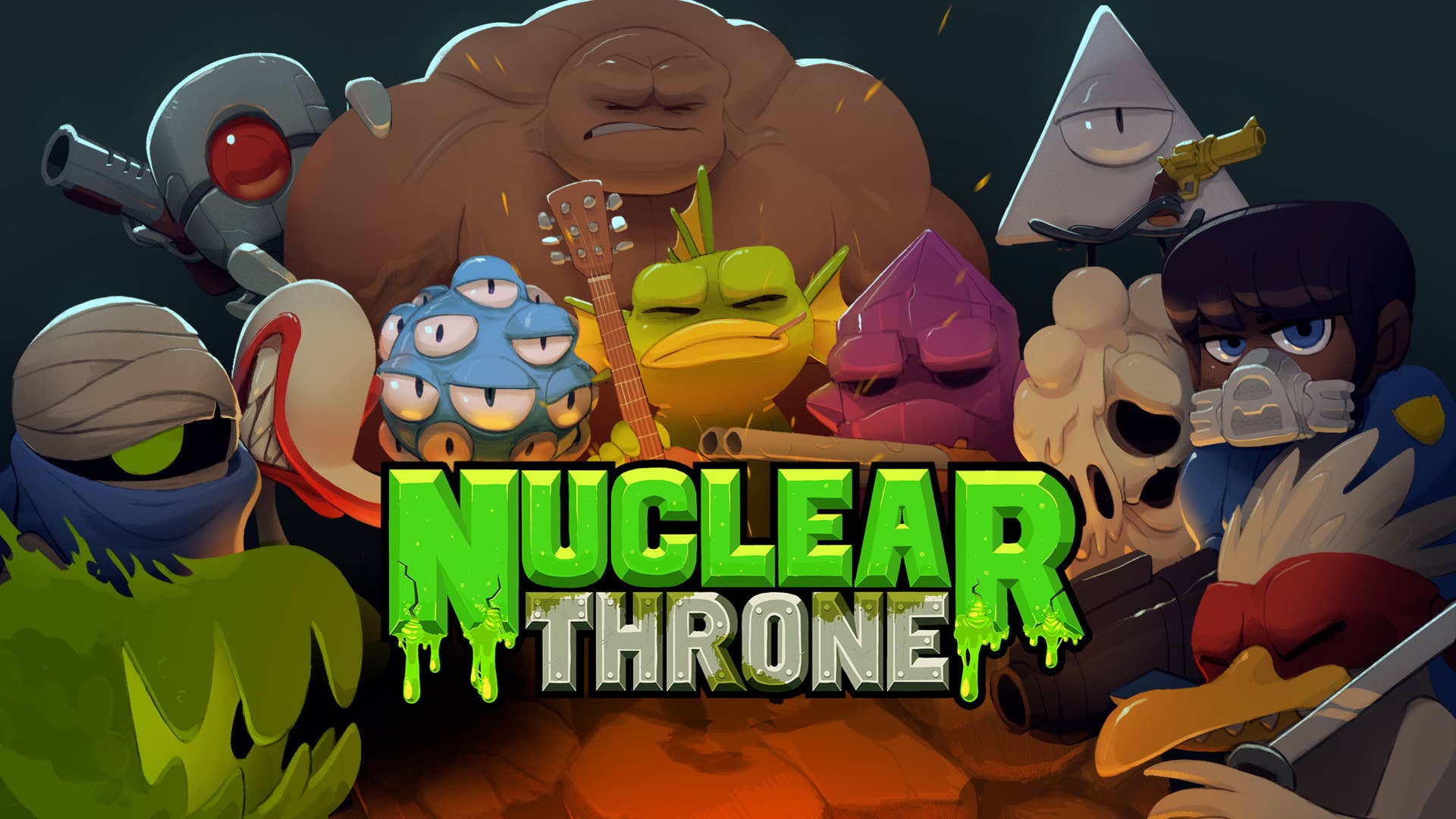































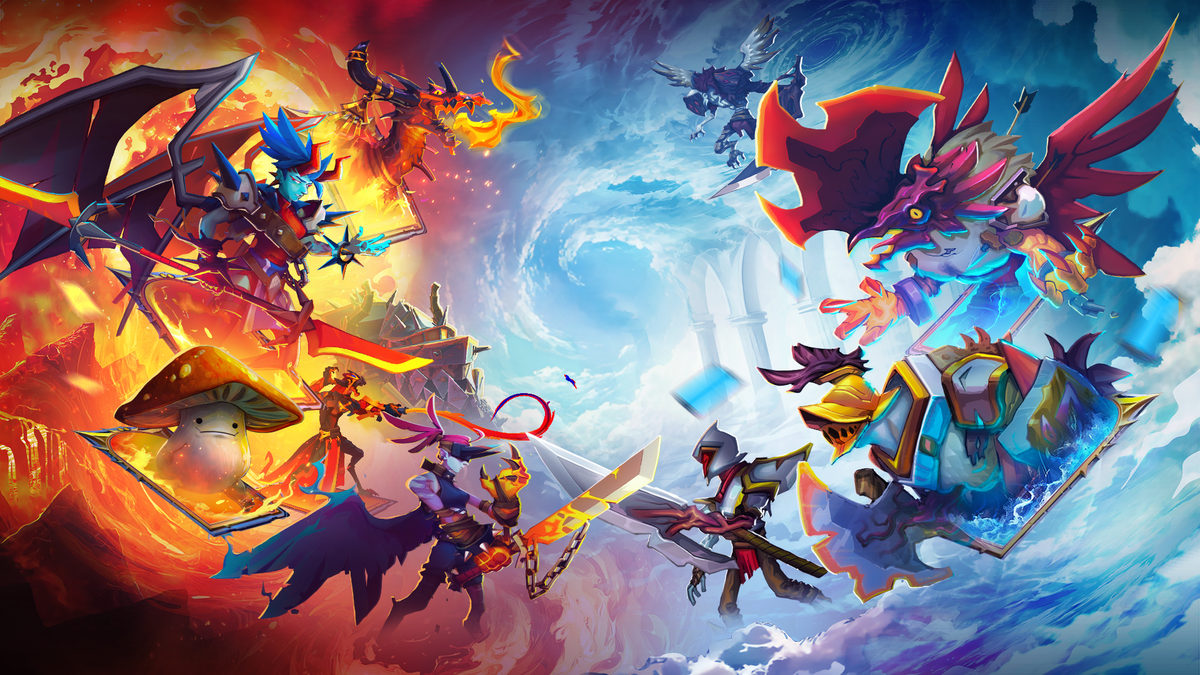
















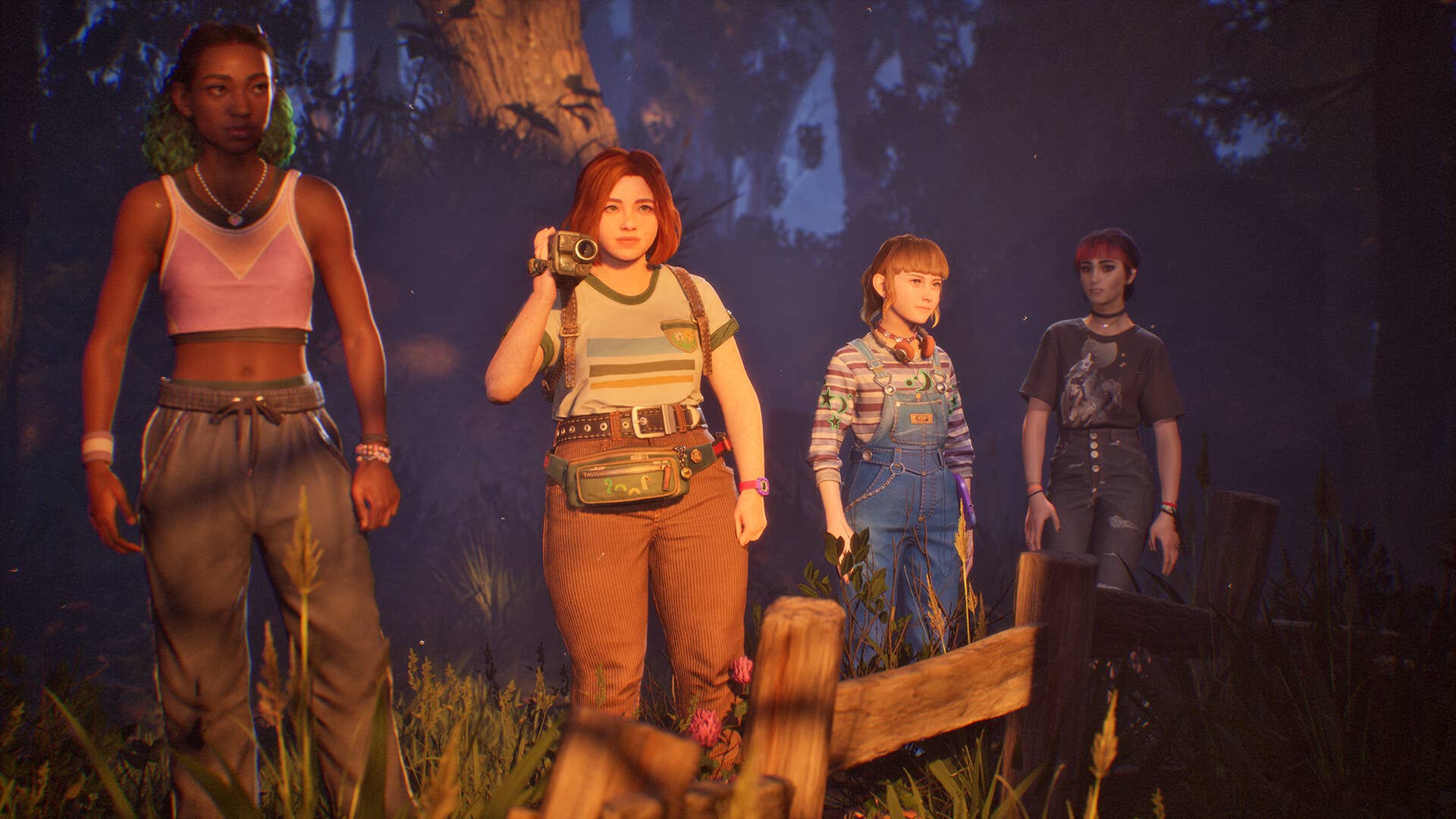

























_incamerastock_Alamy.jpg?width=1280&auto=webp&quality=80&disable=upscale#)
_Brain_light_Alamy.jpg?width=1280&auto=webp&quality=80&disable=upscale#)
























































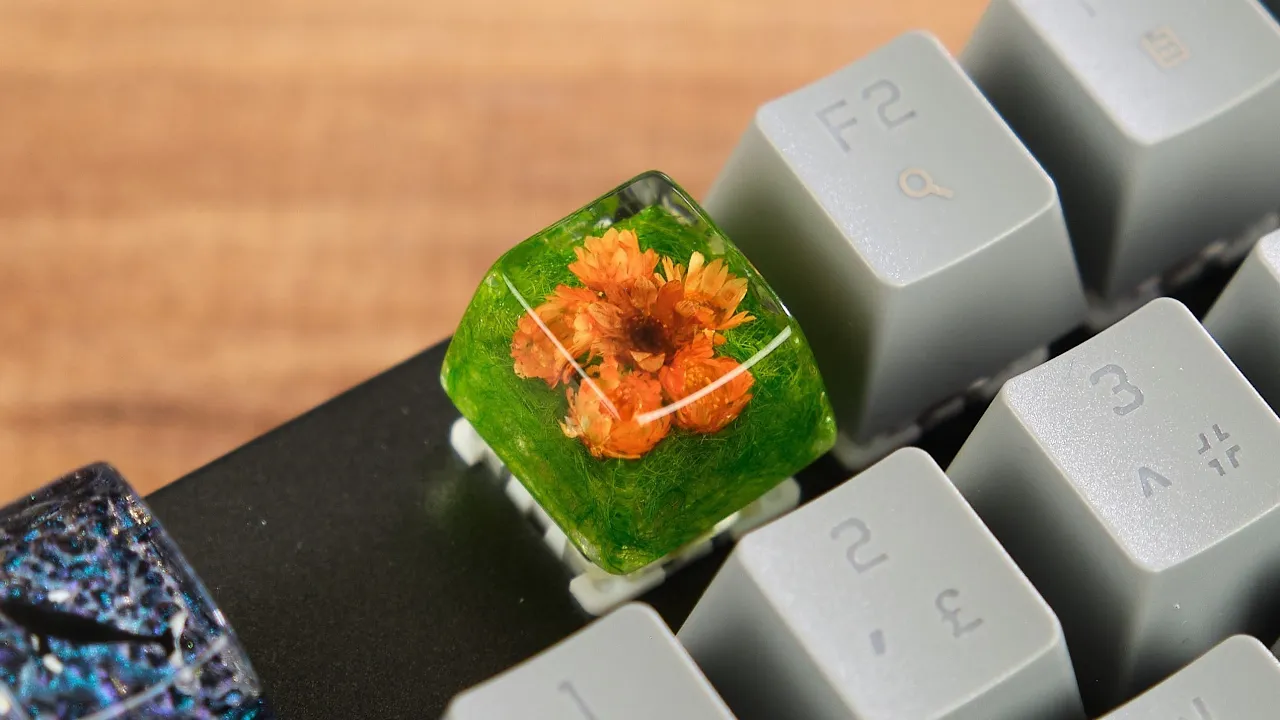



















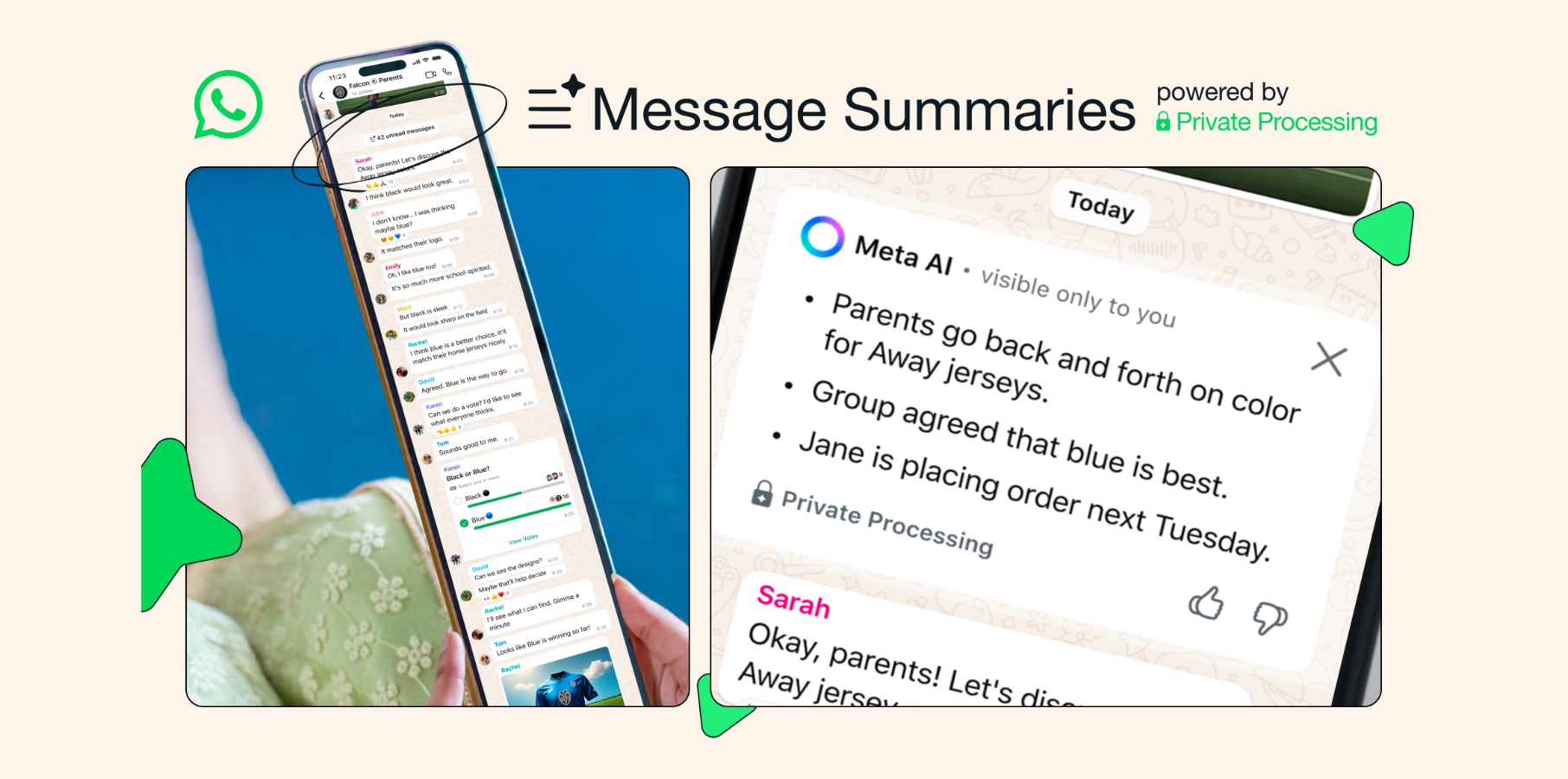
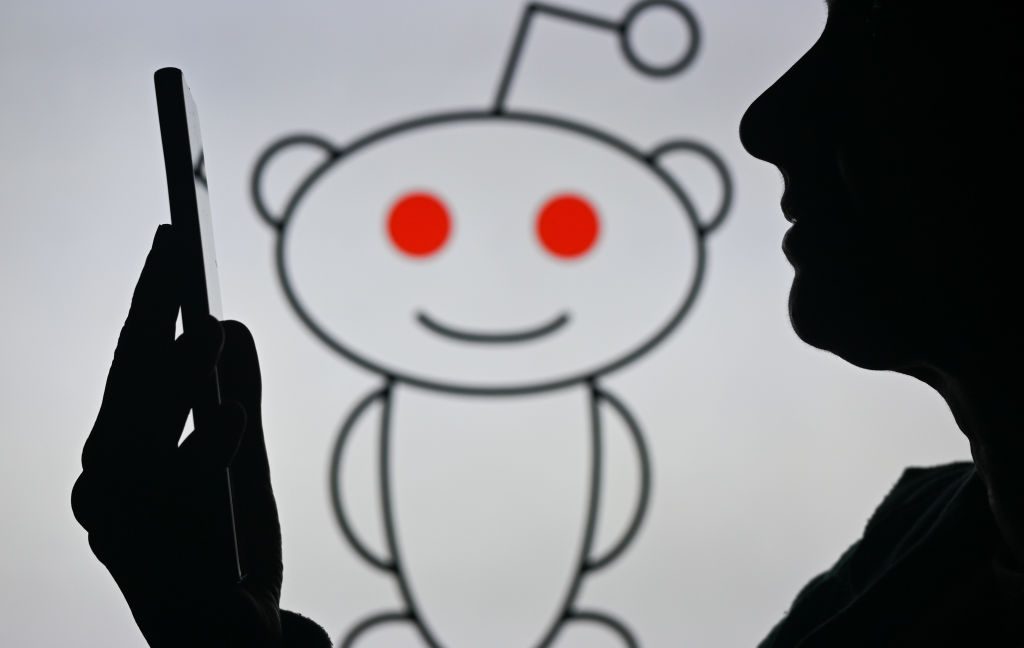



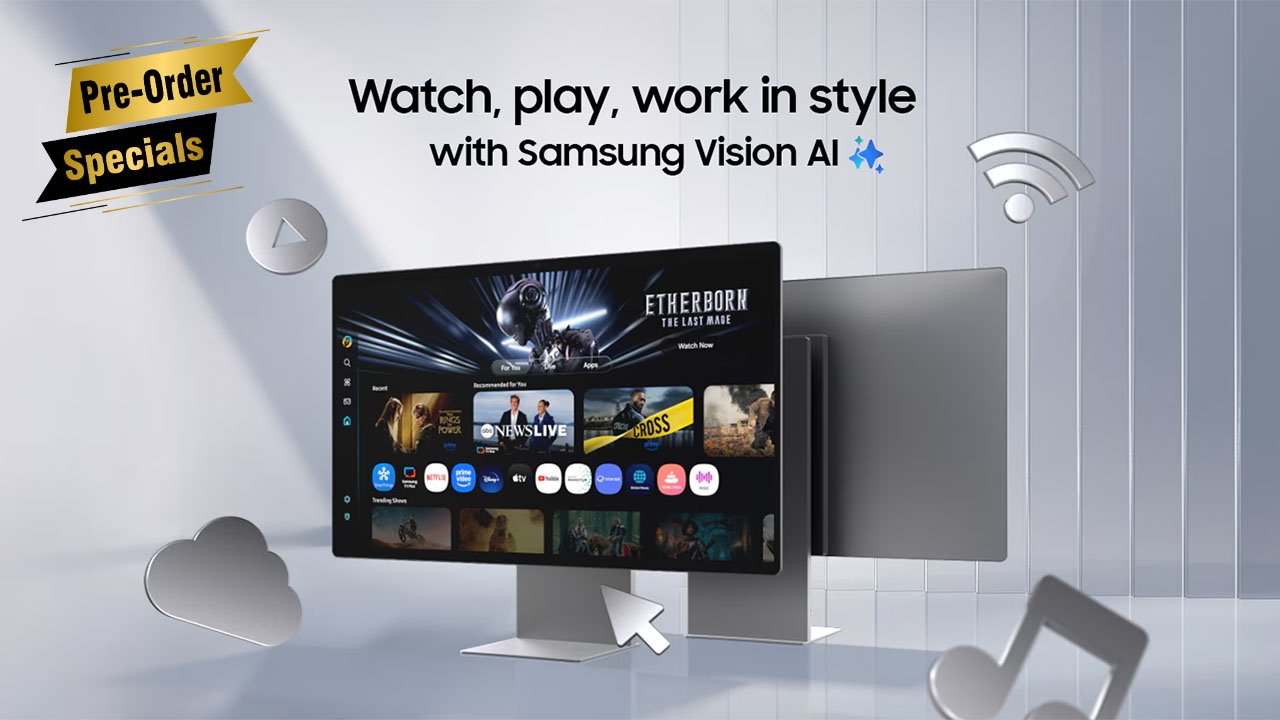
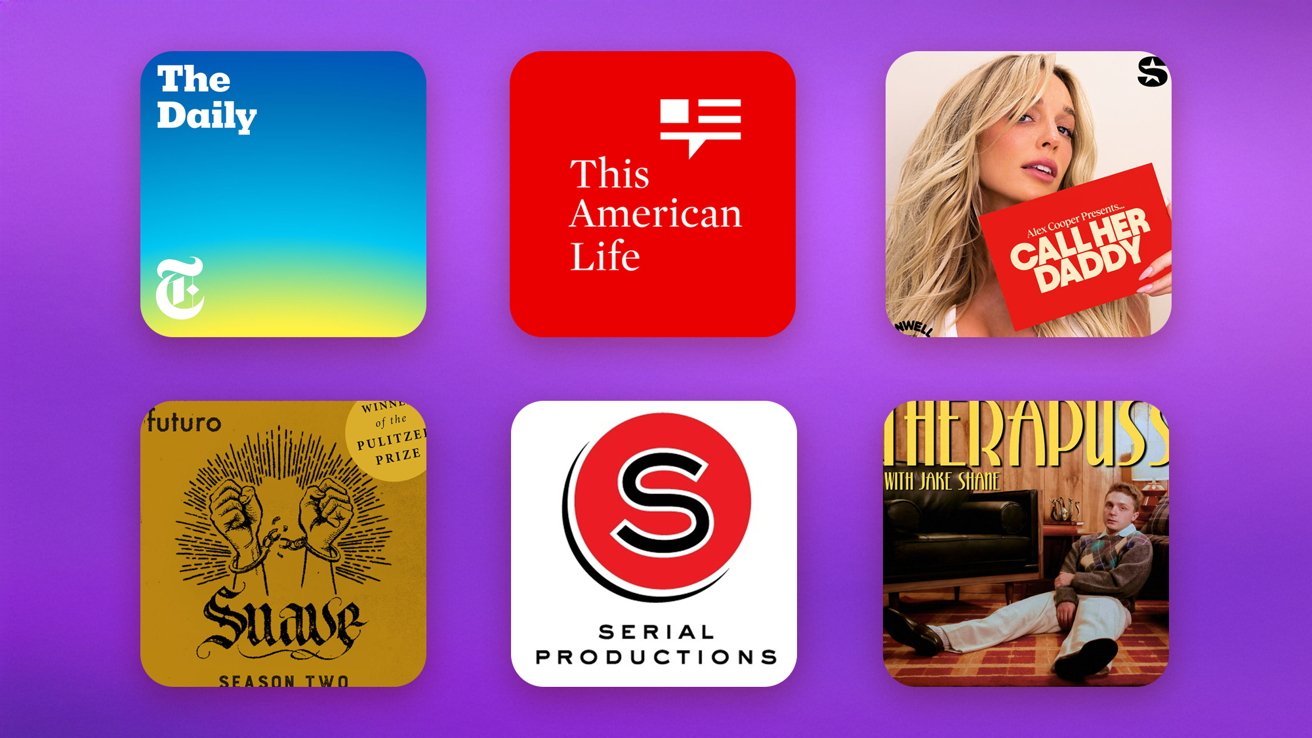
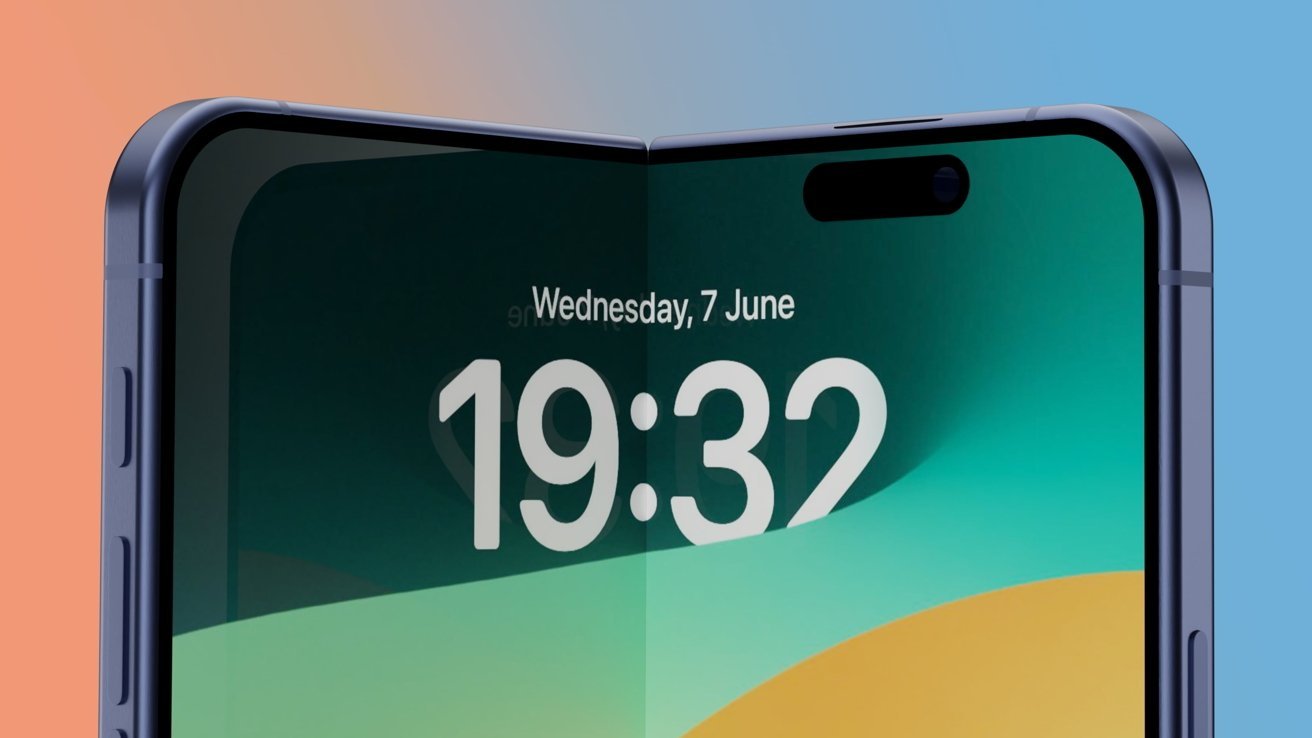
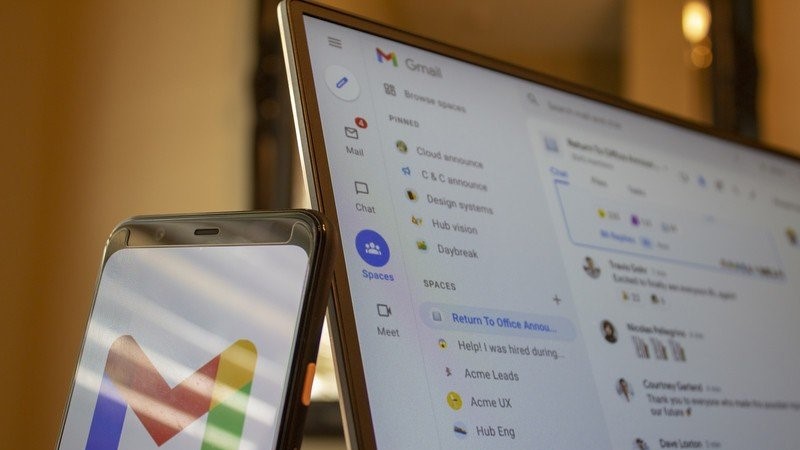

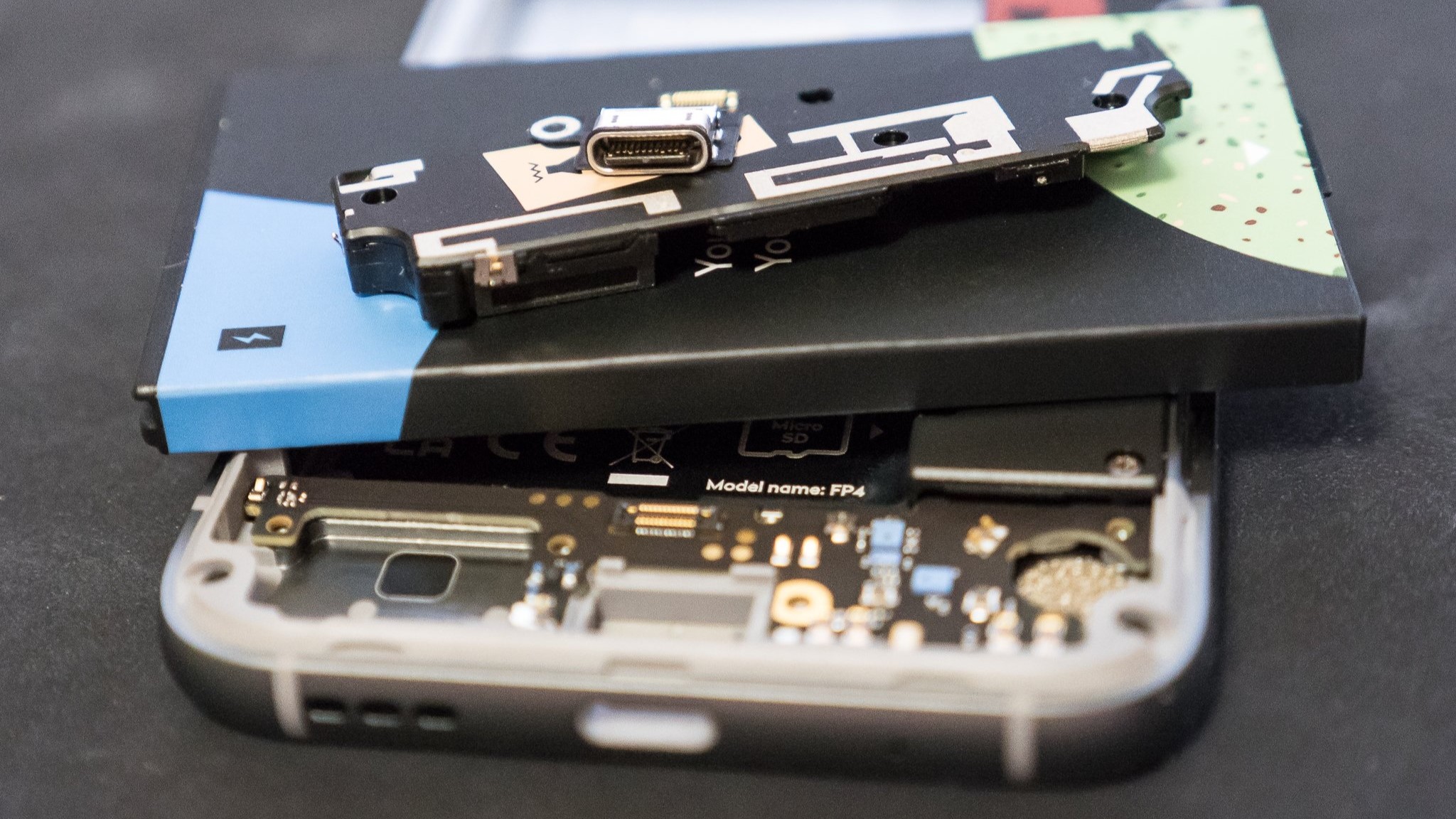

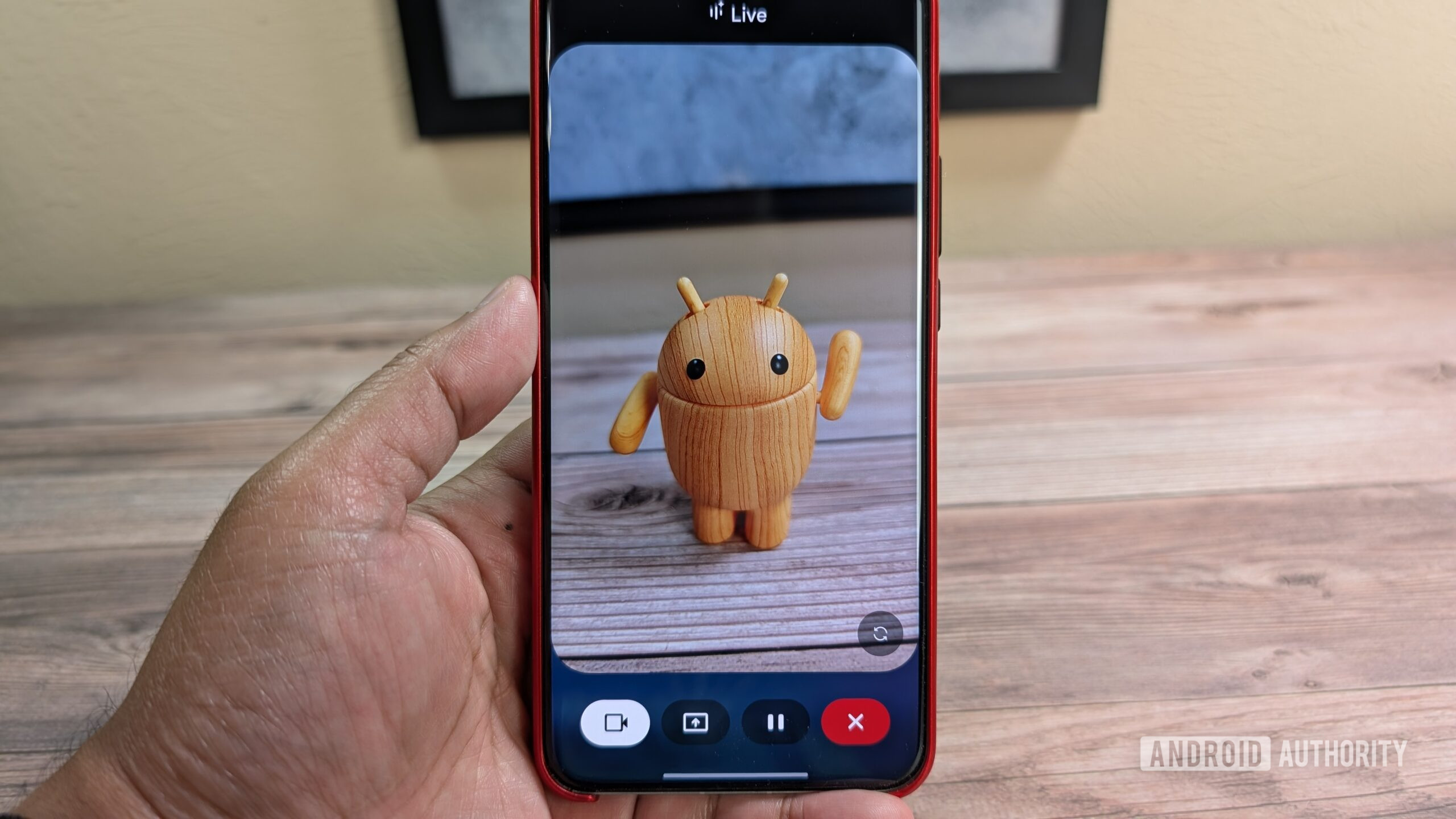





![Nothing Phone (3) has a 50MP ‘periscope’ telephoto lens – here are the first samples [Gallery]](https://i0.wp.com/9to5google.com/wp-content/uploads/sites/4/2025/06/nothing-phone-3-telephoto.jpg?resize=1200%2C628&quality=82&strip=all&ssl=1)












































